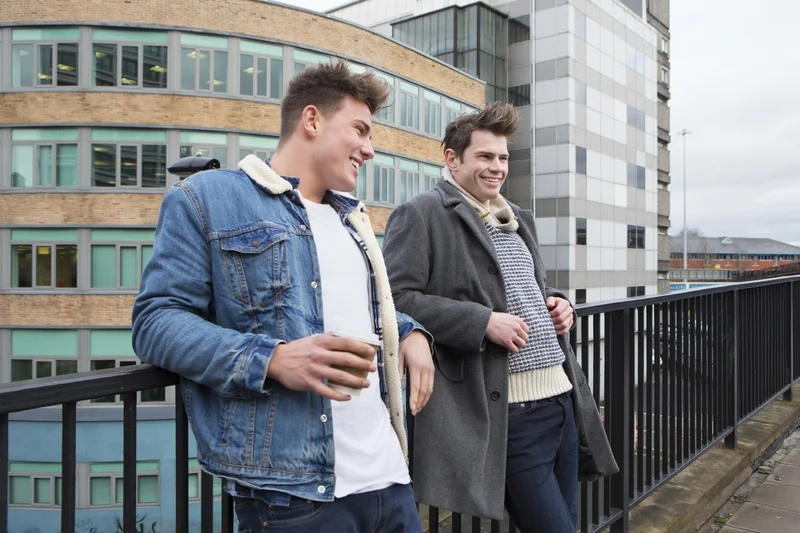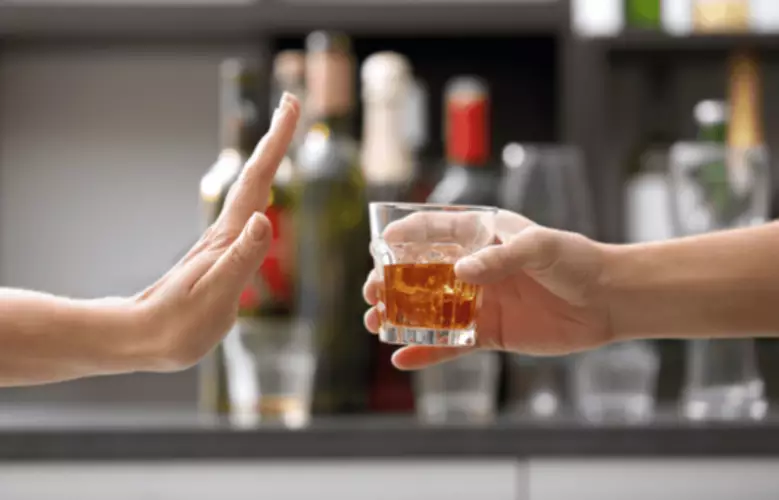
When talking about benzodiazepines, he/she may prescribe alprazolam (Xanax), Diazepam (Valium), and Lorazepam (Ativan). Antidepressants can be used daily to aid with anxiety, but benzodiazepines are often used for short-term relief from uncontrolled anxiety. Do you ever feel apprehensive or concerned after a night of drinking? Do you obsessively replay everything you said and did the night before, fearful of embarrassing yourself or offending someone? This begs the question; what can be done to treat anxiety (and more importantly, hangxiety).
Addictions

Alcohol acts as a sedative, often lowering the feelings of anxiety or panic that you may be experiencing. If you automatically reach for alcohol as soon as you notice the impending symptoms of a panic attack, you may believe that this substance calms you down and prevents you from spiralling. does alcohol cause anxiety People with anxiety disorders may also have a substance use disorder. In fact, 50% of people receiving treatment for alcohol use disorder also live with an anxiety disorder. Understanding these patterns can inform alcohol policies, public health messaging, and responses to future crises.

Follow us on social media
- It is common in those who participated in binge drinking and experienced a blackout as memories are hazy or nonexistent.
- If you suffer from panic attacks, cut right down on your alcohol consumption, if you drink.
- Avoidance behavior can significantly impact a person’s quality of life, leading to social isolation and worsening anxiety.
They can assess both your anxiety and alcohol use and refer you to the right treatment. Alcohol disrupts serotonin levels and brain chemicals, often leading to anxiety, jitteriness, or even panic the day after drinking. Unlike typical anxiety, which is a natural response to stress, panic disorder involves recurring attacks that can happen even when there’s no apparent reason or stressful situation. These frequent, unpredictable attacks can significantly impact daily life, making it difficult to function normally.
The Best Therapies for Emotional Dysregulation Treatment
- These physical sensations closely resemble panic attack symptoms, potentially setting off an anxiety spiral.
- Alcohol disrupts sleep patterns, leading to insomnia or fragmented sleep, which can worsen anxiety.
- It has an inhibitory function, and so it reduces the excitation of neurons (nerve cells).
- You’ll meet hundreds of fellow Reframers in our 24/7 Forum chat and daily Zoom check-in meetings.
Trembling, or tremors, occur in 30-50% of individuals with alcohol-induced anxiety disorder. Tremors are involuntary muscle movements, often affecting the hands but can also occur in other parts of the body. This symptom is most common during alcohol withdrawal, as the nervous system becomes hyperactive in response to the sudden absence of alcohol. Sleep disturbances, including insomnia and poor sleep quality, affect 60-80% of individuals with alcohol-induced anxiety disorder. While alcohol initially acts as a sedative, helping people fall asleep faster, it disrupts the sleep cycle, particularly REM sleep, leading to fragmented and non-restorative sleep. Sleep disturbances are more common during withdrawal and can persist for weeks or alcoholism months after stopping alcohol consumption.

Hangxiety is common among individuals who already struggle with anxiety, but even those without a history of anxiety can experience it after excessive drinking. Nervousness affects 60-80% of individuals with alcohol-induced anxiety disorder. This symptom arises from alcohol’s disruption of neurotransmitter balance, particularly gamma-aminobutyric acid (GABA) and glutamate. Initially, alcohol increases GABA, which has a calming effect, but as the body metabolizes alcohol, GABA levels drop, leading to heightened anxiety. This symptom is more pronounced during withdrawal or in individuals with a history of anxiety disorders. Sleep deprivation is harmful to both physical health and mental health.

